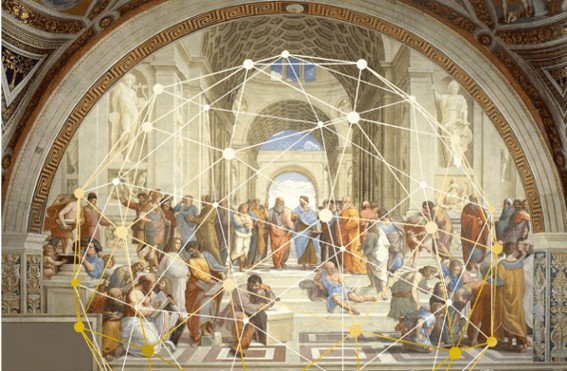
The landscape of scientific research is undergoing a profound transformation. The traditional model, characterized by centralized control and proprietary data, is increasingly being challenged by the rise of decentralized science (DeSci). This movement, which seeks to democratize access to scientific knowledge and data, is closely intertwined with the concept of patient-owned medical data—a development that promises to empower individuals while accelerating innovation in healthcare.
The Rise of Decentralized Science
Decentralized science represents a paradigm shift in the way research is conducted and disseminated. At its core, DeSci advocates for the use of decentralized technologies, such as blockchain, to create open, transparent, and collaborative research ecosystems. This approach aims to address some of the fundamental issues in traditional science, including the high costs of research, limited access to data, and the concentration of knowledge within a few powerful institutions.
By leveraging blockchain technology, DeSci enables the creation of immutable, transparent records of scientific research, which are accessible to anyone, anywhere in the world. This transparency fosters greater collaboration among researchers, reduces the risk of data manipulation, and ensures that credit is fairly distributed among contributors.
Moreover, decentralized platforms can facilitate the sharing of research data and resources, allowing for more efficient use of funding and accelerating the pace of discovery. As a result, DeSci has the potential to democratize science, making it more accessible, equitable, and inclusive.
The Shift Toward Patient-Owned Medical Data
In parallel with the rise of DeSci, there has been a growing recognition of the importance of patient-owned medical data. Traditionally, medical data has been controlled by healthcare providers, pharmaceutical companies, and research institutions. However, this centralized control has often led to issues such as data silos, lack of patient consent, and limited access to critical information.
Patient-owned medical data represents a new model in which individuals have full ownership and control over their health information. This approach is enabled by advances in technology, particularly in the fields of blockchain and cryptography, which allow for secure and private management of data.
With patient-owned medical data, individuals can choose to share their information with researchers, healthcare providers, or pharmaceutical companies on their terms. This not only empowers patients but also has the potential to revolutionize medical research. By making more data available for analysis, researchers can gain deeper insights into diseases, develop more effective treatments, and personalize healthcare to a greater extent.
One of the key benefits of patient-owned medical data is the ability to participate in data monetization. Through tokenized systems, such as BioRoyalties, patients can receive compensation for sharing their data with researchers and companies. This not only provides a financial incentive for participation but also aligns the interests of patients, researchers, and the broader healthcare ecosystem.
The Intersection of DeSci and Patient-Owned Data
The convergence of decentralized science and patient-owned medical data represents a powerful opportunity to reshape the future of healthcare. By combining the principles of DeSci with patient empowerment, we can create a more transparent, equitable, and efficient system for medical research and treatment.
For instance, decentralized platforms that facilitate the sharing of patient data can help researchers access a larger, more diverse dataset, leading to more robust and generalizable findings. At the same time, patients can have confidence that their data is being used ethically and that they retain control over how it is shared and used.
Moreover, the tokenization of medical data opens up new avenues for funding research. By allowing patients to monetize their data, we can create new streams of revenue that can be reinvested into scientific research, particularly in underfunded areas.
Conclusion
The future of science and healthcare lies in decentralization and patient empowerment. By embracing decentralized science and promoting the concept of patient-owned medical data, we can create a more inclusive and innovative research ecosystem. This shift not only benefits patients by giving them greater control over their health information but also accelerates the pace of discovery by making data more accessible and usable.
As we continue to explore the potential of these technologies, it is crucial to ensure that they are implemented in a way that is ethical, transparent, and beneficial to all stakeholders. The journey toward a decentralized, patient-centric healthcare system is just beginning, and it holds the promise of a brighter future for both science and medicine.
For more information on decentralized science, consider reading about DeSci and the importance of patient data ownership in modern healthcare.